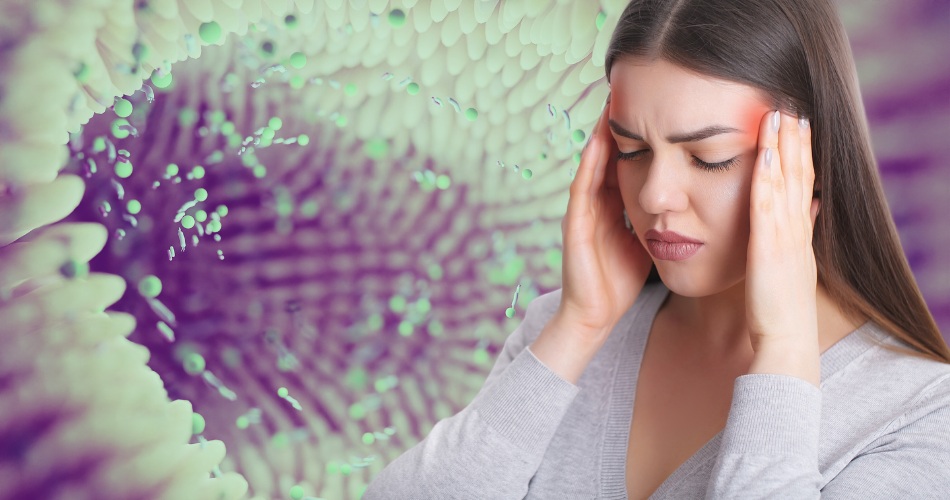
For years, scientists have highlighted the gut microbiome’s influence on the brain, linking digestive health to mood, memory, and even neurodegenerative diseases. But new research is flipping that script. A study published this spring in Nature Signal Transduction and Targeted Therapy shows that the brain may have a faster, more direct impact on gut microbes than previously believed. In mice, electrical signals altered gut bacteria populations within just two hours, suggesting a dynamic two-way street between mind and microbiome that could shape future therapies for conditions ranging from anxiety to inflammatory bowel disease.
How the Brain’s Signals Reach the Gut
The study, led by Dr. John Cryan at University College Cork, investigated how the brain’s electrical patterns could modulate the gut’s microbial community. Researchers implanted electrodes in mice to stimulate specific brain regions associated with stress and autonomic function. Within two hours, they observed significant changes in microbial diversity and abundance in the small intestine.
Cryan explained in New Scientist: “We’ve long thought the brain could influence the gut indirectly through hormones or behavior. This is the first direct evidence that brain activity alone, without changes in diet or movement, can reshape the microbiome.”
The mechanism appears linked to the vagus nerve, a central pathway in the brain-gut axis. When researchers blocked the nerve, the microbial shifts disappeared, confirming its role as a messenger.
Why the Gut-Brain Connection Matters
The gut-brain connection has been well-established in the other direction. Studies at institutions like Johns Hopkins have shown that gut bacteria produce neurotransmitters, including serotonin and dopamine, that influence brain function. Microbiome imbalance has been linked to anxiety, depression, autism spectrum disorders, and Parkinson’s disease.
What’s new here is the speed and precision of the reverse pathway. According to reports from Nature and ScienceDirect, researchers previously believed that brain-driven changes in the gut took days or weeks, largely mediated by shifts in appetite, stress hormones, or behavior. The new data challenges that timeline.
As Dr. Maureen O’Malley of the University of Sydney (who was not involved in the study) explains, “This opens up fascinating questions about whether targeted neural therapies could directly modulate the gut in real-time, without relying on pharmaceuticals or dietary changes.”
From Lab Findings to Practical Implications
While the study was in mice, it set the stage for exploring brain-directed therapies that influence gut health. For example:
- Non-invasive vagus nerve stimulation (VNS)—already in clinical trials for epilepsy and depression—could one day be tuned to support gut microbial balance.
- Real-time monitoring of gut microbiota during brain stimulation therapies could help personalize treatments for mood or gastrointestinal disorders.
- Stress management interventions may have faster, deeper impacts on gut health than previously thought, by modulating brain signals.
Importantly, researchers caution that translating mouse data to human therapies will require time and extensive testing. “This is a first step. But it gives us a powerful model to understand how our brain state shapes our gut ecosystem,” Cryan says.
How You Can Support a Healthy Brain-Gut Loop
Though direct brain stimulation isn’t yet a practical tool for gut health, everyday strategies can reinforce a positive feedback loop between mind and microbiome:
- Prioritize stress management. Chronic stress alters brain signals that could impact gut flora. Practices like meditation, exercise, and therapy help regulate these signals.
- Eat for your microbes. A fiber-rich, plant-diverse diet feeds beneficial bacteria that support healthy brain-gut communication.
- Consider probiotics cautiously. Some studies suggest certain strains may enhance brain-gut function, but effects vary. Discuss with a healthcare provider before starting supplements.
- Sleep matters. Research from Johns Hopkins shows poor sleep disrupts both brain function and microbiome diversity. Aim for consistent, restorative sleep to protect both systems.
Conclusion
The discovery that brain signals can shape the gut microbiome within hours reshapes our understanding of the brain-gut connection. It highlights the intricate, rapid dialogue between mind and microbes, and hints at future treatments that might use the brain itself as a lever to improve digestive and mental health. As science uncovers more about this connection, staying mindful of how we care for both our brain and gut will remain a cornerstone of whole-body wellness.
Sources
New Scientist
Nature Signal Transduction and Targeted Therapy
PMC
ScienceDirect
Hopkins Medicine





